From shootings to medical emergencies, from mental health crises to home break ins, 911 dispatchers have heard it all.
But they do much more than answer calls.
This week (April 14-20) is Public Safety Telecommunicators Week in Virginia, which highlights the often unsung work 911 dispatchers do receiving calls for help and facilitating the response process.
Dispatchers are frequently the first point of contact in an emergency situation. They provide pre-arrival instructions to emergency personnel and assist callers with basic life-saving assistance until helps arrives.
Gov. Glen Youngkin commended Virginia’s telecommunicators in a Monday Facebook video posted by the state Department of Emergency Management.
“You serve as the lifeline for other public safety entities, connecting police, fire and medical responders to those in need,” he said. “Your role is critical, yet often goes unrecognized as you work tirelessly behind the scenes ensuring that every call for help is answered swiftly and efficiently.”
Telecommunicators in Virginia answered 4.5 million 911 calls in 2023, Youngkin said.
In Frederick County last year, dispatchers received 36,000 calls, according to the county’s Public Safety Communications Interim Operations Supervisor Ginger Whitacre.
County dispatcher Lee-Anne Frye said dispatchers don’t usually know how each day is going to turn out.
“It varies day by day, but usually we’ll come in in the morning and if we’re lucky it’ll start off slow,” she said. “As the day goes on, and people start to wake up, it can get pretty crazy.”
Frye, who typically works on Sunday, Monday and Tuesday from 7 a.m. to 7 p.m. and on Wednesdays from 7:00 a.m. to 1 p.m., said about three to four people work each shift.
“We have one call taker, one person that’s dispatching police and then another that’s dispatching fire and medics,” she said. “But you know, phones are going to ring and sometimes it gets chaotic. At that point, everyone just jumps in and helps where they can.”
Frye has worked at the Frederick County 911 Center for just over a year and as a dispatcher for five years. She said the key to helping callers is to maintain calm.
“You just have to remain level,” she said. “You obviously need to let them know you can hear them and that you’re wanting to get them help, and then you just kind of walk them through whatever directions they might need.”
She also said dispatchers need to be able to clearly deliver instructions to callers, even if it’s upsetting.
“If somebody calls in and they’re bleeding, we’re going to give them bleeding instructions. Or unfortunately, we get cardiac arrest calls, so we’re walking them through CPR,” she said. “We have to let them know that we care, but we also have to be straightforward with them.”
Pamela Baber, another Frederick County dispatcher, agreed with Frye about the need for keeping calm.
“My focus is on their situation,” she said. “I feel that as long as I can stay calm, I can try to help them stay calm.”
Keeping that level of calmness requires certain qualities that most dispatchers possess, Baber said.
“When you come into this job, most people have that calm mentality and nurturing attitude, so we’re able to deal with situations that way.”
Baber, who has been a dispatcher in Frederick County for 25 years, said she loves her job and that it can be very rewarding.
“I found an ad in the paper and I thought it would be an interesting position and I fell in love with it and have been here ever since,” she said. “I still love what I do today. I go home each night and I feel that I’ve helped many people during the day.”
Despite the satisfaction of helping those in need, the job can be very draining, Baber admitted.
“The hardest part for me is not knowing the end result,” she said. “We take the calls, we dispatch the calls, but we never know what happens in the end.”
Andrea Dove, a Winchester dispatcher for over 24 years, shared a similar sentiment.
“It’s like reading a book and you don’t get the last page,” she said.
But Dove said dispatchers like herself don’t like to focus on the negative.
“We don’t like to think about our worst days, we like to think of our best days,” she said.
She recalled the time an elderly woman called 911 just to ask for the time.
“I gave her the time and that made her day,” Dove said. “We assist anybody in their time of need, no matter how small the need is.”
Baber said that being a dispatcher is a great job for anyone who wants to help others.
“We’re not just here to answer phones, there’s a lot more we do behind the scenes,” she said. “If you’re in the health care field, or you want to get into something where you can help people but don’t want to be out in the streets as a firefighter or patrolman, this is a good field to get into.”

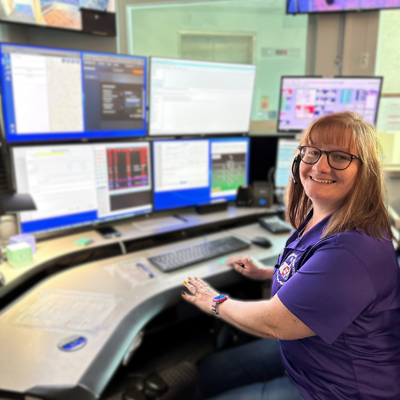
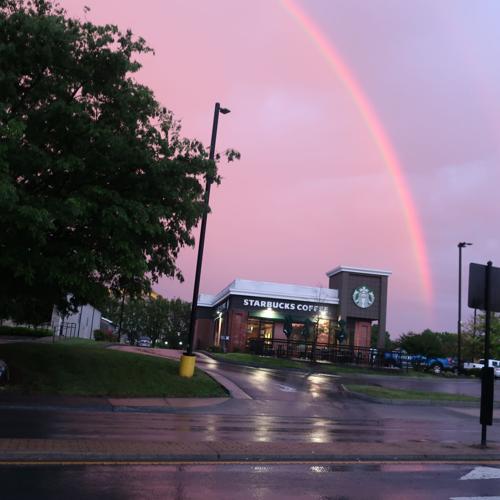
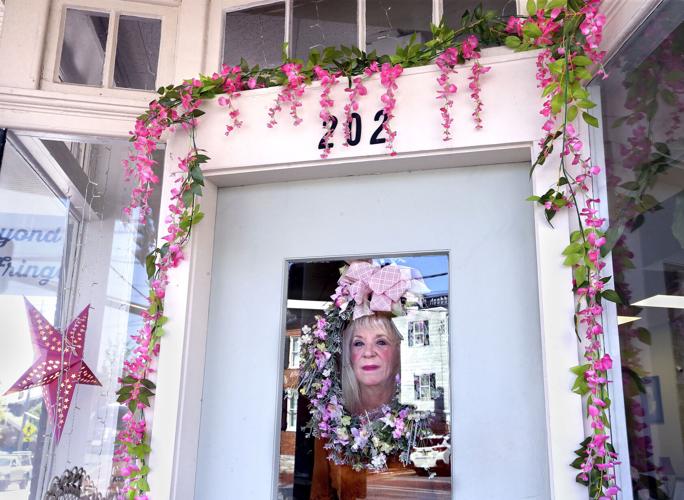
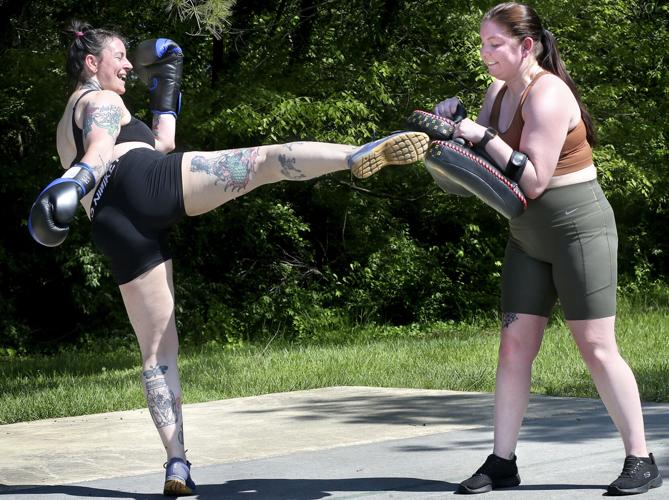

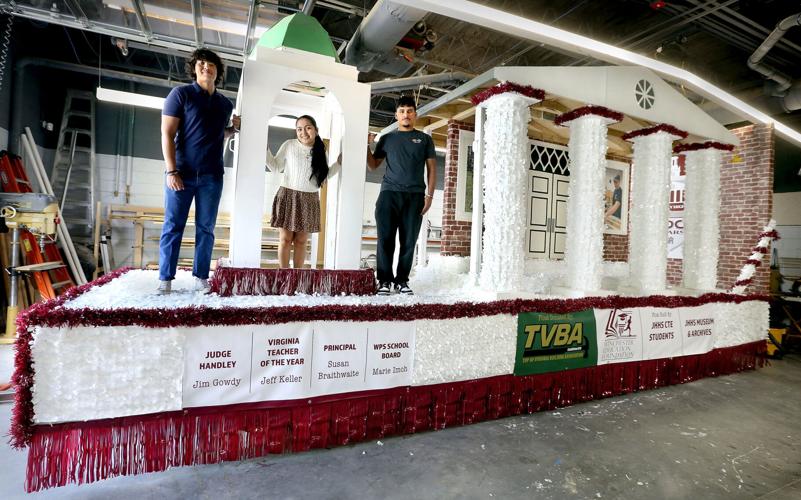

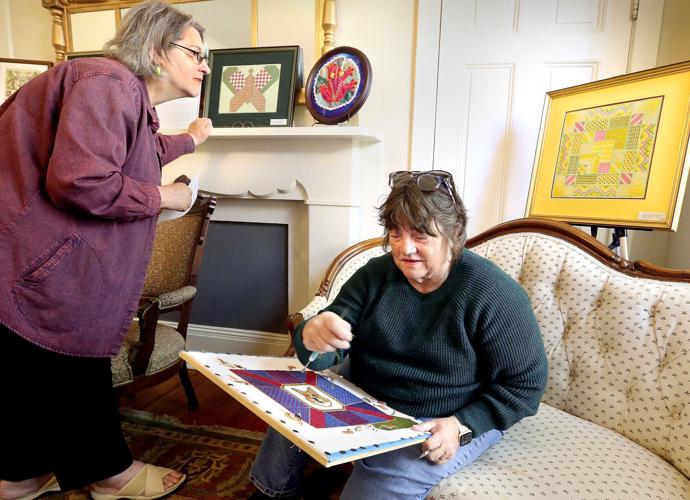
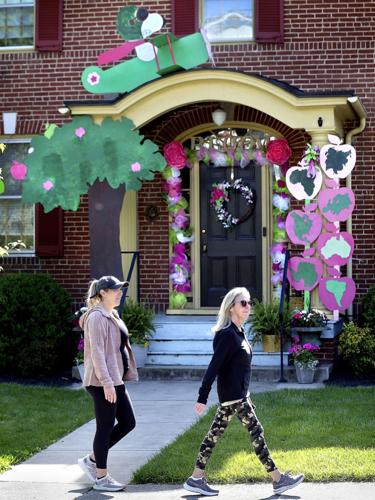
(0) comments
Welcome to the discussion.
Log In
Comments are reviewed by moderators so they may not immediately appear. We appreciate your patience.